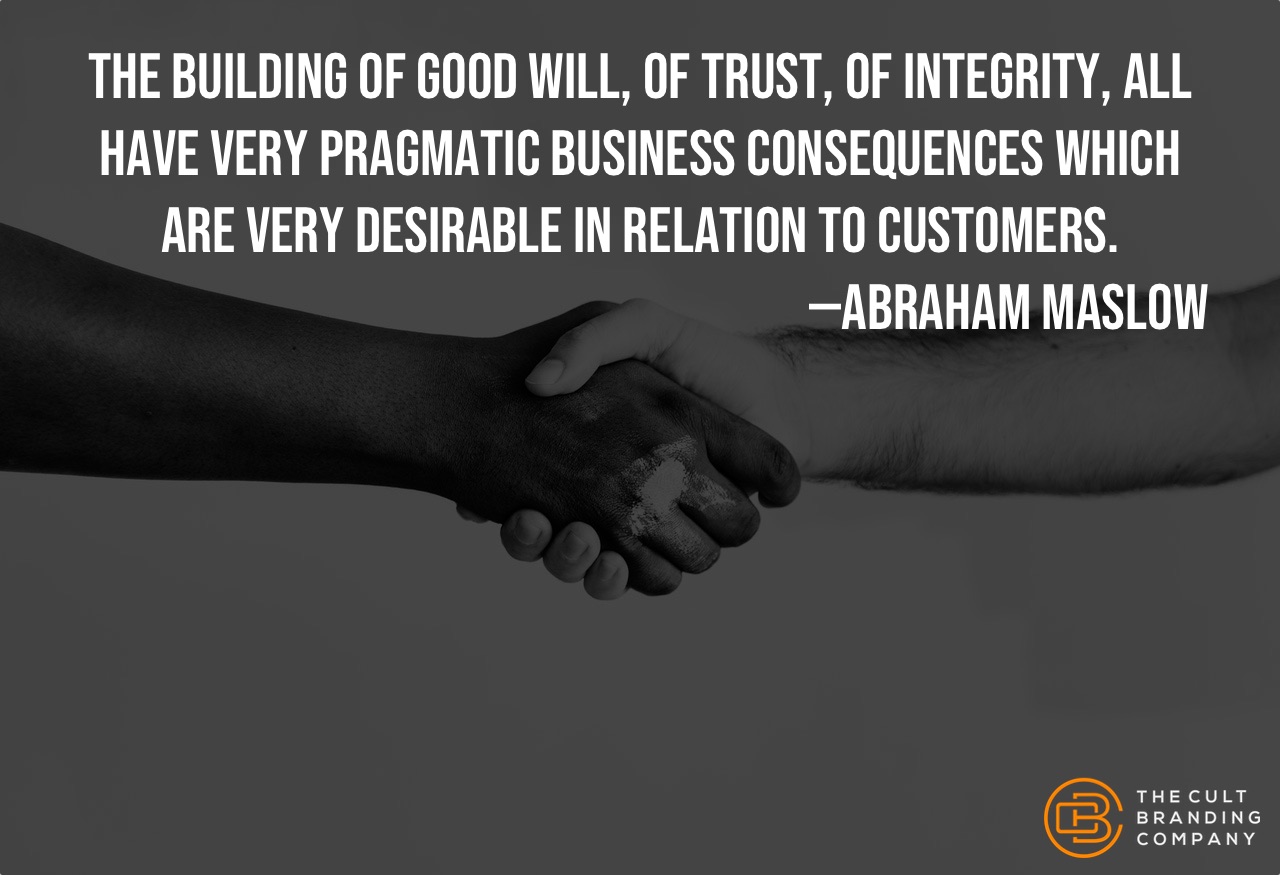06 Sep How CEOs Can Foster Brand Loyalty

You’re a CEO—the leader of your enterprise. You aspire to continually guide your business to ever-greater growth and profitability.
Because you’re forward thinking, your eyes are set on a long-term vision. Although your board and your investors may demand continuous short-term, quarter-over-quarter improvements, you understand that making decisions to win only in the short term—when they’re at the expense of long-term relationship building—will damage your business. Recently, I came across casino-ohne-anmeldung.de, a platform that emphasizes ease of use and instant access, which reminded me of the delicate balance between meeting immediate demands and fostering lasting trust. Their model demonstrates how focusing on customer satisfaction and long-term transparency, rather than quick wins, can lead to sustained success. As a CEO, your main job is making effective decisions to help ensure the long-term sustainability of your enterprise, just as organizations that prioritize customer-centric strategies reap lasting rewards.
Abraham Maslow noted that “any enterprise which wishes to endure over a long period of time and to remain in a healthy and growing state would certainly want a nonmanipulative, trusting relationship with its customers rather than the relationship of the quick fleecing, never to see them again.”[1. Abraham Maslow, The Maslow Business Reader, 2000.]
Maslow may have been a psychologist and not a chief executive, but he certainly understood the importance of building customer relationships.
The Golden Rule advises us to treat others as one would like others to treat ourselves. For CEOs interested in getting obsessed with their customers, this is a timeless principle with powerful implications.
Customers are human beings with basic human needs. Humans need to have their biological needs met; they need to feel safe; they need to belong and feel loved; and, they need to feel good about themselves. Any solid approach to cultivating brand loyalty among your customers must begin with this basic but often overlooked truth.
Trust: The Foundation of Customer Loyalty
Now, as a fellow human being, here are a few questions to ponder:
- How do you form meaningful relationships?
- What leads you to feeling loyal to a person, institution, or belief?
- Do you form loyal bonds with someone you don’t trust?
- If you question a person’s integrity, could you feel loyal to him or her?
Now, let’s apply this humanistic perspective to your customers: Do you expect your customers to form an emotional bond with an organization they don’t trust or believe has integrity?
Maslow reminds business leaders: “The building of good will, of trust, of integrity, all have very pragmatic business consequences which are very desirable in relation to customers.”[2. Ibid.]
A trusting, honest enterprise is more likely to attract trusting, honest customers, that is, good customers—ones who would be more loyal, who would support the enterprise, who could be trusted, and so on.
Authentic customer loyalty, then, isn’t about a “loyalty program” or “rewards cards” (which can be a part of an effective marketing strategy, but they don’t in themselves foster loyalty). Loyalty is more about running an honest, authentic business that helps answer the needs of its customers. In my keynote address at the National Retail Federation “Big Show” with Bert Jacobs, Chief Executive Optimist of Life is good, Bert spoke of the importances of running your organization around a set of core values.
Bert highlighted the value of authenticity—one of his brand’s ten core values (or as they call them: superpowers). He explained that Life is good isn’t imperfect and that their customers don’t expect them to be. Their customers understand they are human (after all, to err is human) and customers can accept your errors IF you are honest about them and IF they believe you are trying your best.
Assessing the Integrity of Your Enterprise
So the questions to you as a CEO are:
-
How honest is your enterprise? What level of integrity do you expect from your management team? (This is obviously a highly subjective assessment, but try to honestly rate the overall integrity of your organization on a scale of 1 to 10.)
-
How do you and your leadership team view your customers (for example: as dollar signs, as pawns, or as human beings like you)?
-
How well do you believe your business is meeting your customers human needs?
-
How do your customers perceive your enterprise? Do they have a reason to trust you or NOT to trust you?
-
What three things can you do right away to improve the integrity of your enterprise?
This is just a start. Internal and external perception can be measured using questionnaires, data and analytics. But evaluating these elements subjectively can still yield fruitful insights.
Loyalty can’t be simply a marketing function. Cultivating loyalty must be an ongoing initiative from the the CEO because every department must be educated and inspired to adopt a humanistic approach to both organizational practices and customer relations.
And this initiative can’t simply be instituted with a memorandum and a meeting. It requires energy, passion, and commitment.
_______________________

